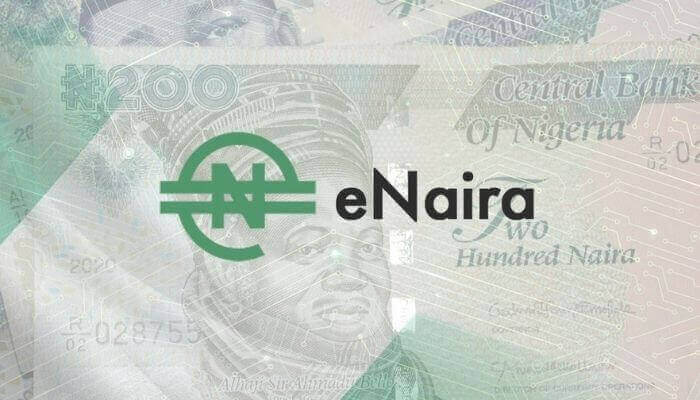According to the International Monetary Fund (IMF), Nigerians’ adoption of the country’s digital currency, eNaira, has been disappointingly low.
The IMF blamed the Central Bank of Nigeria (CBN)’s phased approach and inability to force usage in a report titled “Nigeria’s eNaira, One Year After,” which was obtained on Friday.
According to the IMF, downloads have been slow since the eNaira’s launch one year ago, when it recorded 500,000 downloads.
It took 63 days to reach 100,000 downloads after reaching 500,000. The eNaira peaked at 700,000 after another 143 days, but as of the end of November 2021, only 860,000 retail wallet downloads had been recorded, while merchant wallets had only 100,000 downloads.
This represents only 0.8% of active bank accounts in Nigeria, indicating slow progress in the Central Bank Digital Currency (CBDC) initiative, given that only 14,000 eNaira transactions per week have been recorded since the digital currency’s launch in October 2021.
As indicated by the levels of wallet downloads and transactions, the public adoption of the eNaira thus far has been disappointingly low. However, it would be still too early to judge the fate of the eNaira project,” IMF said in the report.
The report further reads:
First, the slowness in eNaira take-up is not an unexpected outcome given CBN’s choice of a ‘phased approach’— initially granting access only to customers with bank accounts and restricting eNaira transactions to onshore uses only.
Thus, the eNaira has, until recently, not presented tangible benefits to most of its wallet holders—given limited acceptance (e.g., low level of adoption by merchants and other retail customers) and availability (for these customers) of alternative means of payment (e.g., debit card, mobile banking apps)—which are more readily accepted.
In fact, the total number of eNaira transactions since the inception (around 802,000) is less than the number of eNaira wallets—implying that bulk of the current wallet holders have not used their wallets more than once after opening their wallets.
Second, even though the eNaira is a legal tender—its universal acceptance cannot be imposed on the public. And this makes the eNaira a network externality product—whose value increases with the size of the network.
Like any network products with similar traits (e.g., credit card), breaking the initial low adoption equilibrium requires a mix of clever strategies and luck. eNaira would also need to compete with the far more established incumbent networks (e.g., mobile money)—which provide broadly the same service at the retail level. Weakness in public’s trust in Nigeria’s monetary system and the eNaira’s technological reliability is another important barrier that needs to be tackled.











